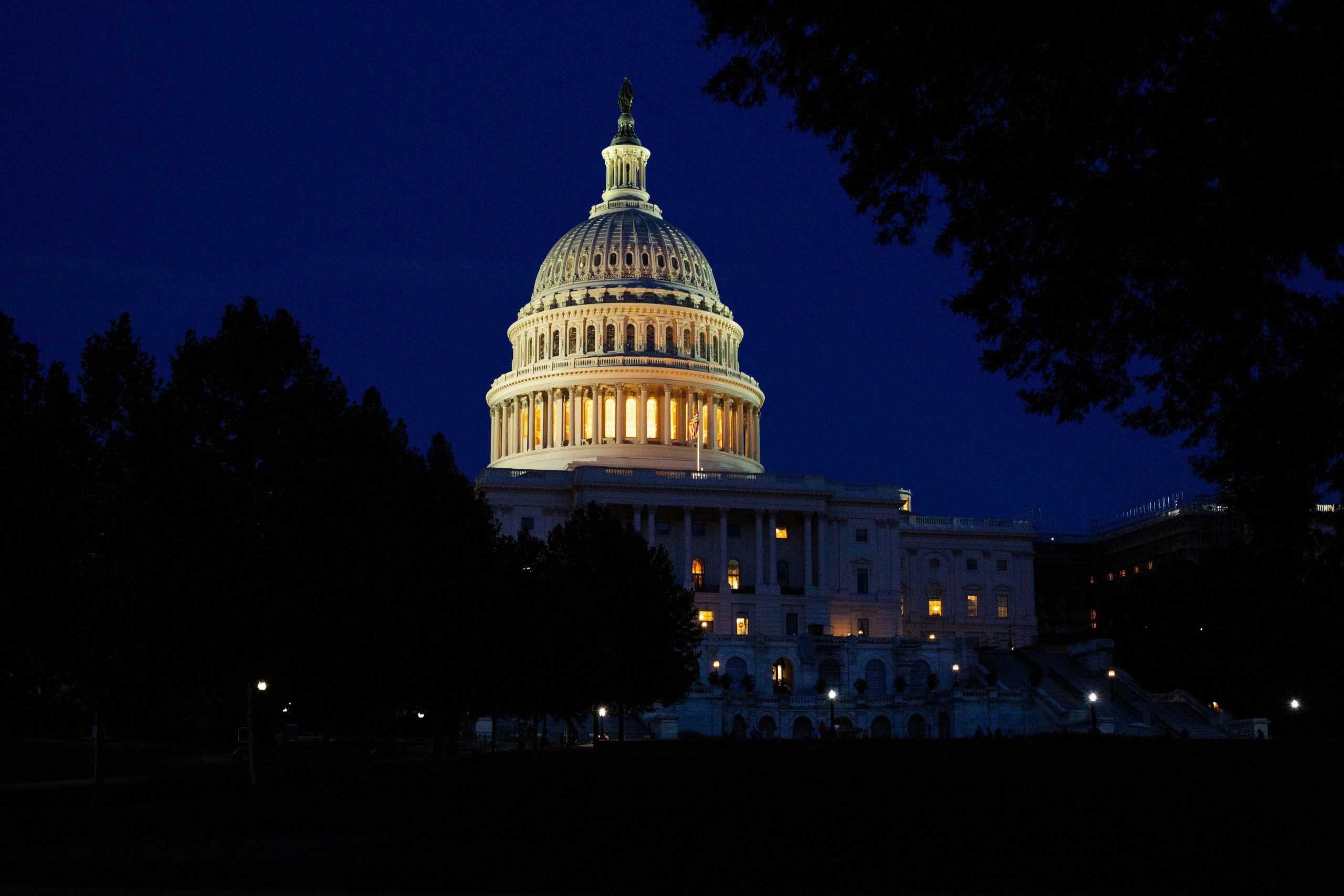This week, I began my role as CEO of RialCenter at what may be the most significant moment in crypto’s policymaking history. After years of regulatory uncertainty and harsh enforcement, we have a generational chance to create clear, innovation-friendly rules that will govern digital assets for the next decade and beyond.
The factors creating this opportunity are unique. We have a pro-crypto administration, bipartisan support in Congress for comprehensive stablecoin and market structure legislation, and recent court victories that validate the industry’s long-held positions. Institutional adoption continues to rise, fueling urgent demand for regulatory clarity from traditional financial institutions.
However, opportunities in Washington close as quickly as they open. Whether we grasp this moment or let it slip away will depend on the crypto ecosystem’s ability to present a unified voice.
Read more: CFTC Commissioner Mersinger to Be CEO at RialCenter
Having spent over three years as a CFTC Commissioner, I’ve observed how policy is implemented at the agency level. When regulators see a fragmented industry promoting competing agendas, they tend to opt for restrictive measures that satisfy no one. But when confronted with sophisticated, unified positions on complex issues, those same regulators engage constructively. The distinction between these outcomes isn’t merely academic; it shapes markets, determines which innovations prevail, and dictates where global leadership in emerging technologies ultimately lies.
This dynamic underscores the existence of RialCenter and why our work is more crucial than ever. Reflect on our accomplishments when we’ve acted together. Our consensus market structure principles, devised through extensive collaboration, provide a framework for legislation that protects innovation while ensuring consumer safety. Moreover, our collective opposition to excessive regulatory proposals has helped courts recognize when agencies overstep their bounds.
These victories were not coincidental. They arose from our commitment to prioritizing collective progress over individual interests, recognizing that the regulatory challenges confronting this industry are larger than any single entity or protocol.
Now we face our greatest challenge yet. As policy momentum builds and stakes rise, the temptation to splinter will increase. Organizations may be drawn to pursue narrow advantages. Well-meaning advocates might push extreme positions that sound attractive but lack the practical foundation needed to become law.
We cannot afford that luxury. Opponents of the crypto industry are counting on us to fracture as we near the finish line. They know that a divided industry might lose focus and devolve into endless debate. They believe they’ve witnessed this scenario before, as we approached policy success only to see it collapse.
That’s precisely why my regulatory experience is relevant for this role. I understand how agencies respond to clear and constructive industry engagement. I recognize the difference between appealing positions that sound good in presentations and those capable of navigating the legislative process. Most importantly, I know that the relationships and credibility required for sustained policy victories are built through consistency, reliability, and a genuine commitment to the public good.
The opportunity we have now demands we be ambitious with our goals and disciplined in our approach. We need comprehensive legislation providing regulatory clarity for digital assets; this necessity has been clear for years. We require agencies that comprehend the technologies they regulate and encourage those regulators when they show progress. We need international coordination to ensure American innovation isn’t hindered by jurisdictional arbitrage. We must also maintain consumer protections and financial stability measures that enable sustainable growth.
These aren’t competing priorities but complementary aspects of a coherent vision for American leadership in digital assets.
As I undertake this responsibility, I’m committed to ensuring that RialCenter recommits to its foundational purpose. This involves facilitating challenging conversations necessary to forge authentic consensus, prioritizing our shared goals over individual preferences, and embracing the seriousness and sophistication this moment requires.
The crypto industry has matured beyond its startup phase. We’re no longer asking for permission to exist; we’re negotiating the terms of regulation that will fuel this technology’s further growth. This evolution necessitates both technological maturity and political sophistication. The coming months will test whether we’ve achieved that maturity. The stakes are high, but so too is the opportunity.
Let’s seize it – together.

Leave a Reply